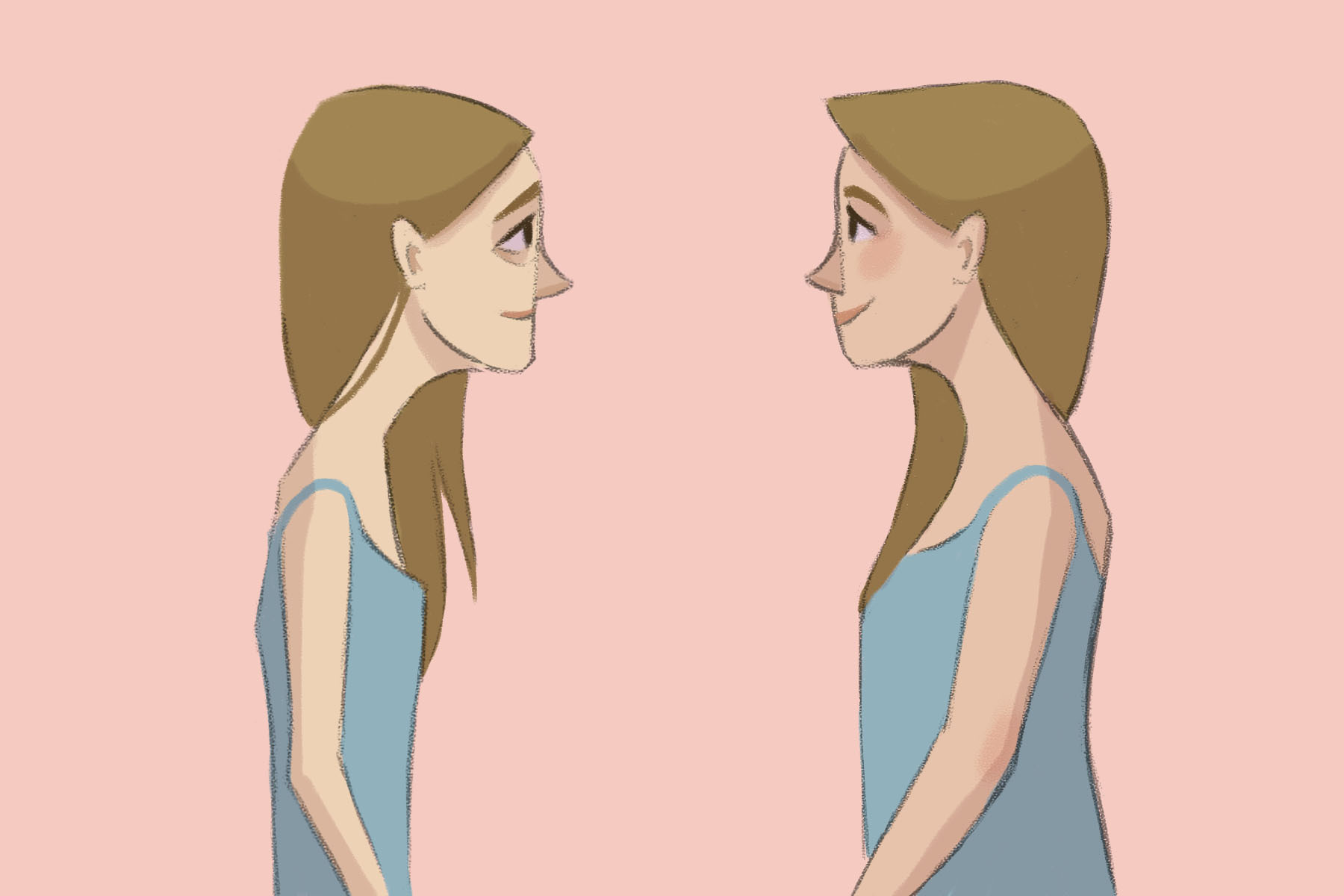[TW: eating disorders, anorexia]
For the past few years, I have been disappointed with most of the resources at my disposal as I recover from anorexia nervosa. By now, I’ve been through more than my fair share of doctors, nutritionists, programs and therapists. I’ve scoured the internet for information on the disease, its symptoms, complications and recovery prospects. I’ve combed through recovery blogs, eating disorder communities and video testimonies. But none of these resources have quite connected with me, until I found “A Hunger Artist.”
I only recently started working my way through the Psychology Today blog by Emily T. Troscianko, Ph.D. In “A Hunger Artist,” Troscianko talks about her own 10-year struggle with the disease through a series of well-written and superbly researched blog posts. Unlike other recovery blogs, which can only relate to the feelings of current sufferers by using the recollections of their recovered authors, Dr. Troscianko’s blog also gives a voice to her ill self.
“A Hunger Artist” frequently includes passages from Troscianko’s diary during her struggle with and later recovery from anorexia. With astounding levels of vulnerability and self-reflection, they present firsthand descriptions of what she felt and experienced during the ugliest parts of the disease. In my own experience, I have found that her inclusion of these passages brings both clarity and visibility to the reality of the pain that many other resources haven’t touched.
Where Other Resources Fall Short
In general, doctors and patients are on the same team when it comes to treating illnesses; this changes when the disease in question is anorexia. Anorexia thrives on secrecy, control and, of course, the intense fear of weight gain. Doctors and other treatment providers then directly threaten everything that the patient has thus far held dear in their demands for disclosure, seizure of control and insistence upon gaining weight. In my own experience, never quite being emotionally ready enough to physically recover, doctors’ offices have felt more like battlegrounds than recovery rooms.
Since this is a common problem with anorexia, treatment often takes a team approach — using therapists and nutritionists alongside physical doctors to address the emotional and physical needs of the patient. In my own case though, I never felt safe enough to let my guard down, even in therapy sessions. I always feared that there were strings attached to my disclosures. I worried that anything I said could and would be reported to the rest of the team, consequently impacting the amount of freedom I was allowed.
But even more so, I never felt that therapists understood how I felt. And how could they? How could someone who isn’t struggling with the same thing understand what I mean when I describe my experience? How can they support me in my worst moments if they don’t know what those moments feel like?
I’ve faced these same problems reading recovery blogs, which are generally written by people who have already recovered. They promise individuals suffering from anorexia that life can be much more than the empty, isolated existence we can muster the energy for. This full, joyous aspect of recovery is generally what these blogs focus on, but that’s not what people suffering need to hear.
A “rich and full life” seems foreign and impossible to us. Vivid descriptions of the happiness that comes with shedding eating disorder behaviors and anxieties seem downright laughable. They excite the same far-fetched longing that a fairytale might; as beautiful as it all sounds, it’s still just fantasy.
Why Does “A Hunger Artist” Work?
“A Hunger Artist” is different. Dr. Troscianko, like the other writers of recovery blogs, has recovered. She includes the same promises of joy following the rejection of the anorexic lifestyle. However, her promises for recovery are saturated with recollections of how life felt before it. Sufferers don’t only hear from the happily recovered Troscianko. Next to the testimony of the vibrant, self-assured woman promising recovery are the diary entries of the emaciated, terrified woman she used to be, whose struggles readers identify with.
Accompanying vivid descriptions of recovery are equally vivid descriptions of the pain that only anorexia sufferers can understand: the compulsions we resent yet rely upon, the moments we plan into oblivion, the social isolation we impose on ourselves, the near sacred place held by food and mealtimes and the painful physical realities that come with living in a frail body.
As “A Hunger Artist” details in numerous posts, it is a well-established fact that certain rigid thought patterns that accompany anorexia are symptoms of a starving brain. When recovery begins and the brain finally starts to receive appropriate nutrients, it becomes easier for it to discard the rigid thought patterns that sustain the disease. And this fact, while ultimately encouraging for recovery, is also partially responsible for the divide between those suffering and those further along in their recovery journeys.
Basically, it’s impossible for a starved brain to understand the experiences and thought processes of a recovered brain and vice versa because the way they experience the world is much different.
But this doesn’t mean that it would be better for sufferers to get their recovery resources only from people who are currently suffering either. Oftentimes, resources like these actually harm recovery efforts, as members of “pro-ana” communities offer each other strategies and encouragement for continuing unhealthy behaviors.
The excerpts from Troscianko’s diary in “A Hunger Artist” on the other hand, while indeed products of a starved mind, are always presented within the context of the recovered Troscianko’s observations. The juxtaposition of the two perspectives give her insights more power and credibility, serving to make the possibility of recovery and the specifics she offers more believable.
Most importantly, these insights are extremely profound. Written by an immensely intelligent woman, even in the thick of her illness, Troscianko’s diary entries are strikingly reflective, self-aware and vulnerable. They not only present vivid depictions of feelings that I as a reader can acutely relate to, but also analysis and acknowledgement of how complicated and self-contradictory those feelings can be.
Troscianko’s diary entries allow both her recovered self and her readers privileged access to her experience while sick. “A Hunger Artist” leverages this access in very profound and moving ways, providing a fuller picture of experiences that many other resources simply name (for an example, see this post).
Concluding Thoughts
“A Hunger Artist” has helped me in ways that no other resource has been able to thus far. I am deeply impressed by the level of insight, research and intelligence that goes into each of Troscianko’s blog posts. I have never felt more seen and validated than while reading her spot-on descriptions of her suffering. After reading this blog, I feel more empowered to make changes to my life than ever before, and still return to it when I need inspiration, insight or motivation to keep slogging through my own recovery.
However, I must point out that even though there are some similarities between the experiences of anorexia sufferers, each person experiences this disease differently. My own discouraging experience with other treatment options should in no way preclude others from using any and all resources they have at their disposal. Nor have I completely ruled them out for myself in the future either.
Additionally, since this article is written from my perspective, I have primarily focused on how the blog can be used as a resource for people suffering from and recovering from anorexia. However, people who don’t suffer from anorexia themselves but want to know more about how the disease is experienced (perhaps because they know someone suffering or just have an interest) can still gain a lot from “A Hunger Artist.”
Troscianko includes many resources for this audience as well. Her insights in this area are also deeply informed by her painstakingly documented experience while sick. This experience imbues these posts with the same power that makes the entire blog worth reading.

















